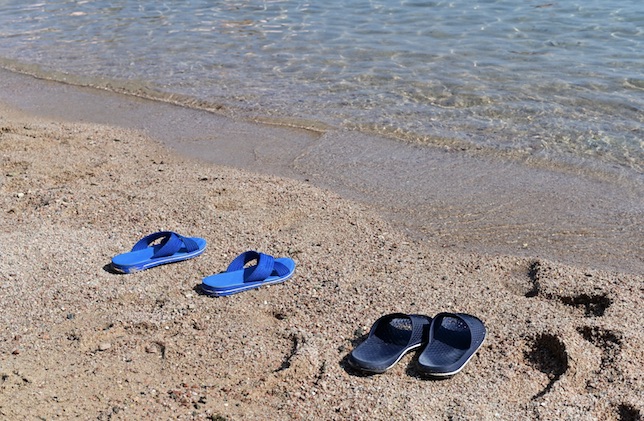
On 1 July 2020, Egypt announced the resumption of international tourism in three coastal governorates – Marsa Matrouh, South Sinai and Red Sea. This is considered to be the first step in a phased reopening of the tourism industry after a 3-month closure due to the Covid-19 pandemic.
The tourism sector, an important source of employment and foreign currency in Egypt, was one of the hardest-hit sectors in the coronavirus pandemic. On 24 Jun 2020, the Egyptian tourism minister said that the Ministry of Tourism and Antiquities had laid out a plan to guarantee the safety of tourists. The plan includes specialist medical care for visitors and collecting and registering the visitors´ personal data when entering the governorates of the Red Sea, South Sinai and Marsa Matrouh.
Parallel to safety measures, the ministry is trying to boost the tourism sector by offering financial incentives to visitors and airlines, such as lifting visa requirements for certain destinations in addition to offering reduced landing fees.
Last week government officials announced that Egypt would ease Covid-19 restrictions, allowing restaurants, cafés, cinemas, theatres and places of worship to re-open. Easing restrictions also includes extending daily shop opening times by an hour.
The new regulations come with some restrictions to avoid large gatherings: restaurants, cafés, theatres and cinemas can only welcome a quarter of their usual capacity and must adopt new adapted work conditions. Friday prayers and Sunday gatherings are still not allowed, while halls, ballrooms and other events venues remain closed. By partially lifting its Covid-19 restrictions, the government attempts to strike a balance between containing the spread of the virus and reacting to the looming economic crisis.
With 68,311 confirmed Covid-19 patients, Egypt continues to forecast 10,000 new cases weekly. The understaffed and poorly equipped health sector leaves serious doubts regarding the government’s strategy to ease restrictions and reopen the tourism sector.
The Doctor’s Syndicate criticised the lack of personal protective equipment for hospital staff, which they claim has led to higher numbers of infections among medical staff. The Syndicate held the authorities responsible for failing to cover these shortages. Doubts have also been voiced by some members of parliament, who acknowledge that the regulations may prove difficult to enforce, especially the 25% rule on guest capacity.

